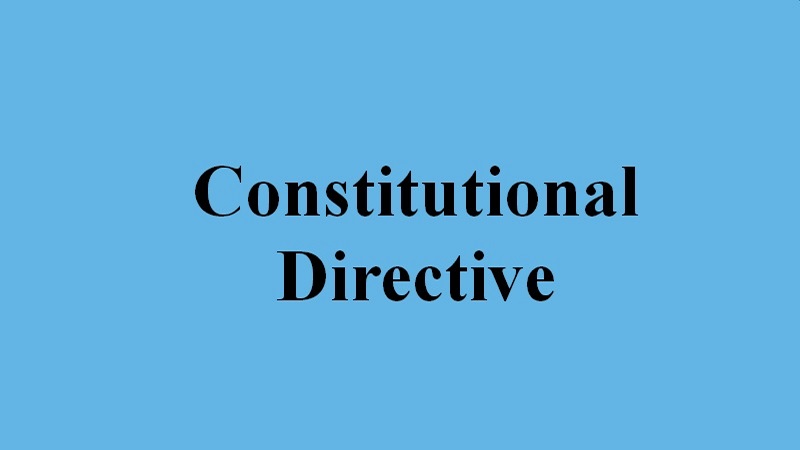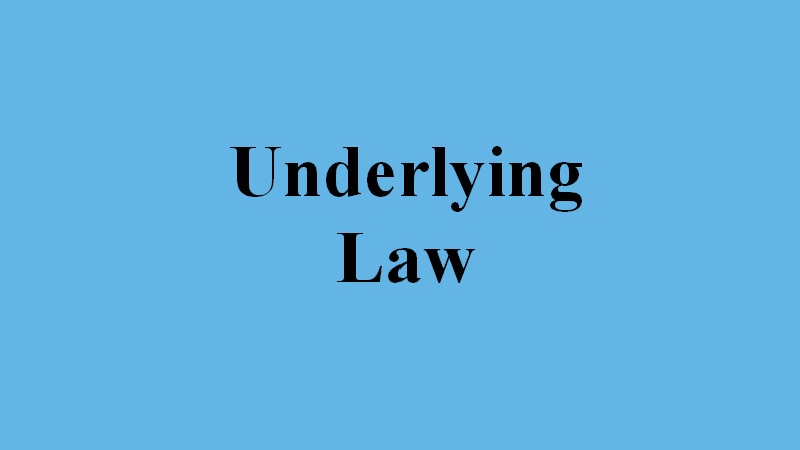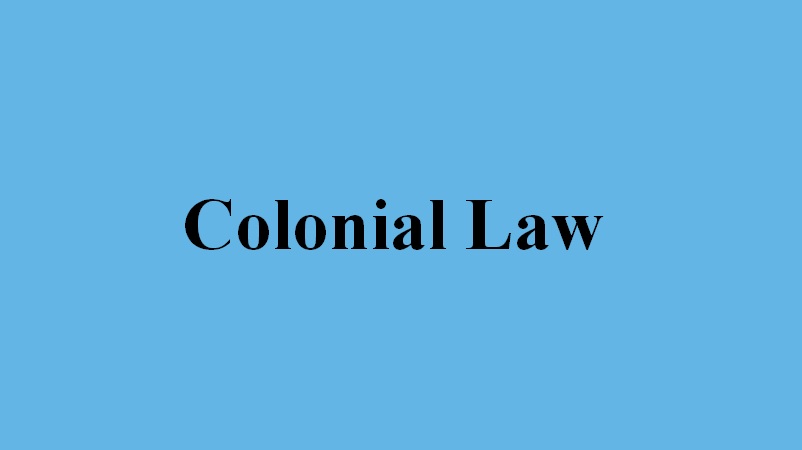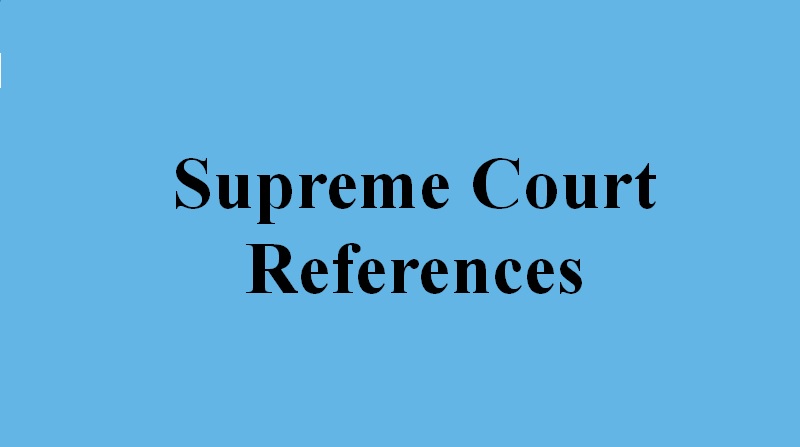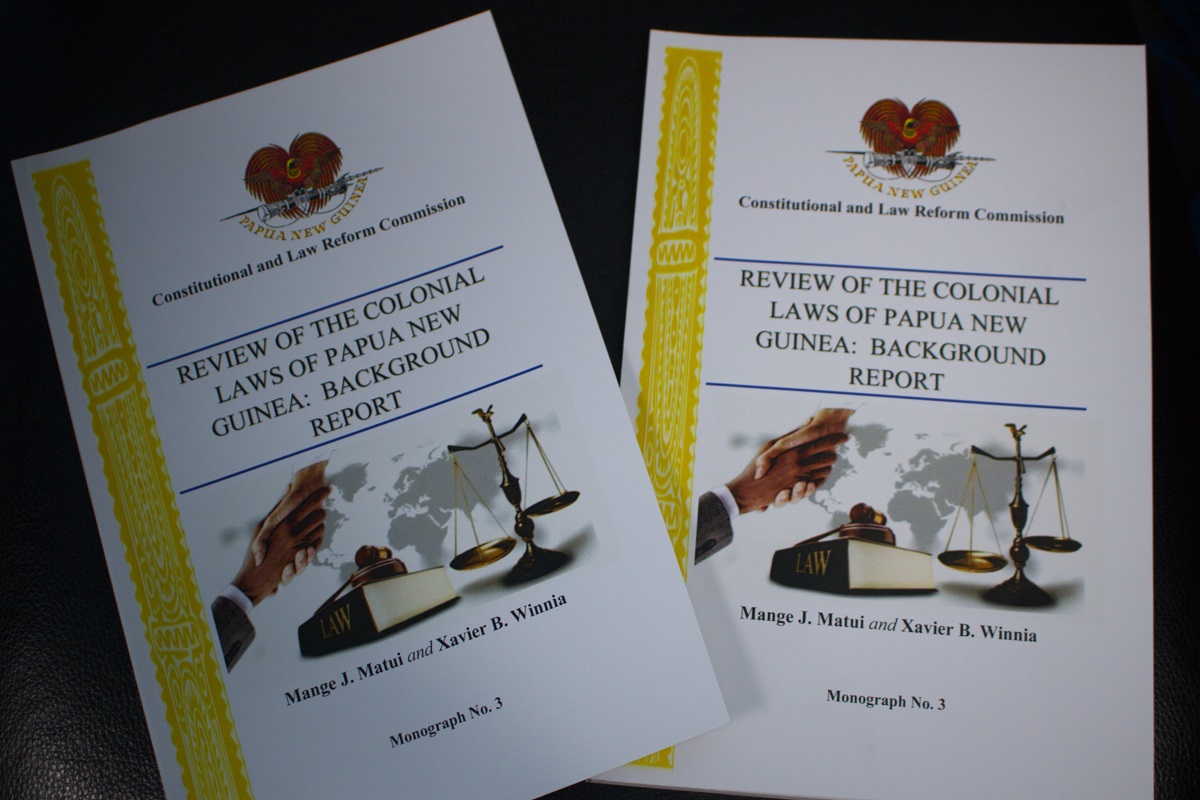OUR SERVICES
The Commission review of the laws of Papua New Guinea through three main ways. These are: (i) Constitutional Directives; (ii) Terms of References; and (iii) Drafts and Advisory Services. Each of these has a specific process.
Constitutional Directive
Reviewing the Constitution and or an Organic Law (Constitutional Law) is based on directives, called Constitutional Directive, by the Head of State, acting on advice of the National Executive Council (NEC). A constitutional directive can be triggered by an NEC policy submission by the Commission through the Minister for Justice & Attorney-General or by the NEC itself. When a policy submission on the review of a constitutional law is received by the NEC, the NEC takes a decision on it and further advises the Head of State to issue a formal Constitutional Directive through a gazettal notice to the Commission to undertake a review and report to the Government within a required timeframe.
The CLRC is the only constitutional office in Papua New Guinea which has the power to review the Constitution and the Organic Laws; apart from the CLRC, no other constitutional office, department or agency of government has that mandate.
After CLRC receives a constitutional directive from the Head of State, it follows the steps below:
-
Establish an internal secretariat;
-
Develop a work plan;
-
Establish an External Secretariat;
-
Launch the review;
-
Nationwide consultations;
-
Draft report;
-
Workshop;
-
Final report; and,
-
Presentation of the Final Report to the Prime Minister.

As of 2024, the Commission has completed a total of four (4) constitutional directives. The most recent one is the Constitutional Directive 4: Review of the Form and System of Government – The Election of the Prime Minister by the People. The final report for this directive was submitted to the Prime Minister in May 2024. Past constitutional directives the Commission completed are:
-
Constitutional Directive 3: The Review on the Declaration of Papua New Guinea as a Christian Country in the Constitution 2021
-
Constitutional Directive 2: Review of the Organic Law on National and Local-level Government Elections and Related Laws and Systems in 2018
-
Constitutional Directive 1: Review of the Organic Law on National and Local-level Governments in 2014
Terms of References (TORs)
TORs focus on the review and reform of laws other than the Constitutional Laws: the Acts of Parliaments and their respective subordinate laws. For the review of ordinary laws, a Reference is issued by the Minister for Justice and Attorney General, or the National Parliament through the Speaker to the Commission. TORs take 18 months to complete.
References are also triggered via following ways: first, by CLRC on its own research initiatives; second, by a referral by the Commissioners; and third, submissions from the citizens. Findings from these initiatives must be converted to a formal TOR from the Minister. Below is the process for review of TORs:
-
Research initiatives.
-
Request for TOR from Minister for Justice & Attorney General.
-
Establish Internal Working Group.
-
Establish Working Committee (External stakeholders).
-
Develop Issues Paper
-
Launch the Issues Paper
-
Stakeholder consultations
-
Draft Report
-
Seminar
-
Final Report (Submit to the Minister)

Once a final report is submitted to the Minister, the CLRC process ends there.
Advisory and Drafts Services
Section 12 of the CLRC Act 2004 provides for drafting and advisory services. Through this law review and reform function CLRC provides drafting and advisory services to government departments, agencies, and statutory bodies legal and drafting matters upon their requests to the Commission. Where an state department, agency or a statutory body wants its legislation reviewed or needs legal advice on legal matters, that government body must make a formal request in writing to the Commission. The Commission, upon receiving such requests, assigns the file to the appropriate legal officers to take charge.
If the request is for advice, CLRC will provide the legal advice. If the request is for legislative review, following steps follow:
-
Establish the policy basis for the request;
-
Assign file to a Legal Officer;
-
Form a Working Committee;
-
Develop and approve a Work Plan ;
-
Develop an Issues Matrix;
-
Conduct stakeholder consultations;
-
Produce a Draft Report;
-
Drafting Instruction;
-
Certification of Necessity; and
-
Amendments

Research and Monitoring the Development of the Underlying Law of Papua New Guinea
The Commission has a specific mandate under the Constitution, the Underlying Law Act 2000 and the CLRC Act 2004 to conduct research into and monitor the development of the Underlying Law of Papua New Guinea. The Commission carries out this constitutional mandate through four main avenues:
-
Recording and documentation of custom;
-
Mini Seminar series;
-
Bi-annual Underlying Law conferences; and,
-
Underlying Law case law monitoring.
The goal of this underlying law function is the develop the indigenous legal system of the country that truly reflects the ideals, values and philosophies of Papua New Guinea in keeping with the spirit of Goal 5 of the National Goals and Directive Principles on Papua New Guinean Ways and forms of legal, political and institutional organization.

Colonial Law
The Colonial Laws Review Program (CLRP) focuses specifically on the review of all the pre-Independence laws that Papua New Guinea adopted from Australia at independence. The goal of the CLRP is to revise those pre-independence legislation to suit the temporary needs and circumstances of the country and the development plans,
policies and priorities of the government and the People as reflected in the National Goals and Directive Principles, Papua New Guinea Vision 2050, Papua New Guinea Development Strategic Plan 2010 – 2030 and the subsequently medium-term development plans.
The process for the review of colonial laws is:
-
Management approval of a colonial law to review;
-
Desktop analysis of the legislative and identification of issues;
-
Stakeholder workshop;
-
Position Paper; and,
-
Submission of the Position Paper to appropriate implementing agencies with recommendations for reform.
Supreme Court References
The Supreme Court Reference under section 19 of the national Constitution, deals with questions of , where the Supreme Court shall upon application by an authority , give its opinion on any question relating to the interpretation or application of any provision of a law including any questions as to the validity of a law or a proposed law. Any opinion given by Supreme Court ,as a result, has the same binding effect as any other decision of the Supreme Court.
CLRC is one of those authorities mentioned under Section 19 of the Constitution that can initiate or file Supreme Court Reference to challenge any law or proposed law, to ensure that these laws are consistent with the Constitution or the original intentions of the Constitution.

The Supreme Court Reference is one of those processes that ensure the Constitution is protected and maintained as the supreme law of the land, rendering the noble duty for authorities like CLRC as guardians of the Constitution.
Library Services
Mission:
To provide a quiet, peaceful and safe working environment for the CLRC staff and other researchers to read, learn, and conduct research work.
Purpose:
To collect and store both updated legal and Non-legal information relevant to the work of the commission and its staff and to have that information readily available to the users in a timely and efficient manner.
Objective:
In order to attain the above mission and purpose, Library services will pursue the following objectives: Information Registration, Cataloguing and shelving. The CLRC library keeps more than 5,000 materials in both hard copies and soft copies. This includes:
-
Constitutional and Law Reform Final Report ;
-
Former Law Reform Commission Reports and Issues papers ;Discussion Papers;
-
Monographs ;
-
Constitutional Directive Reports;
-
PNG Law Reports;
-
PNG Constitution ;
-
Other Legal documents and non-legal documents;
-
Acts of Parliament and Regulations;
-
National Gazettal Notices;
-
Gender Equality Disability and Social Inclusive ( GEDSI) ;
-
Newspapers – The National, Post Courier, Sunday Chronicles;
-
Magazines ;
-
Country law reports; and many more.

Function of the Library
The CLRC library is critical in supporting the lawyers and researchers in their research work on law reform matters. Some of the key functions of the library are as follows:
-
Book Lending;
-
Self-Reading ;
-
Scanning Documents;
-
Attending to Lawyers and Researchers research requests;
-
Provide daily newspapers
-
Provide link to other Constitutional and Law Reform Commission
-
Media tracking of issues in the country.
Apart from CLRC staff the, library is also open to external stakeholders such as students, researchers and academics but only after securing approval from the Secretary.



